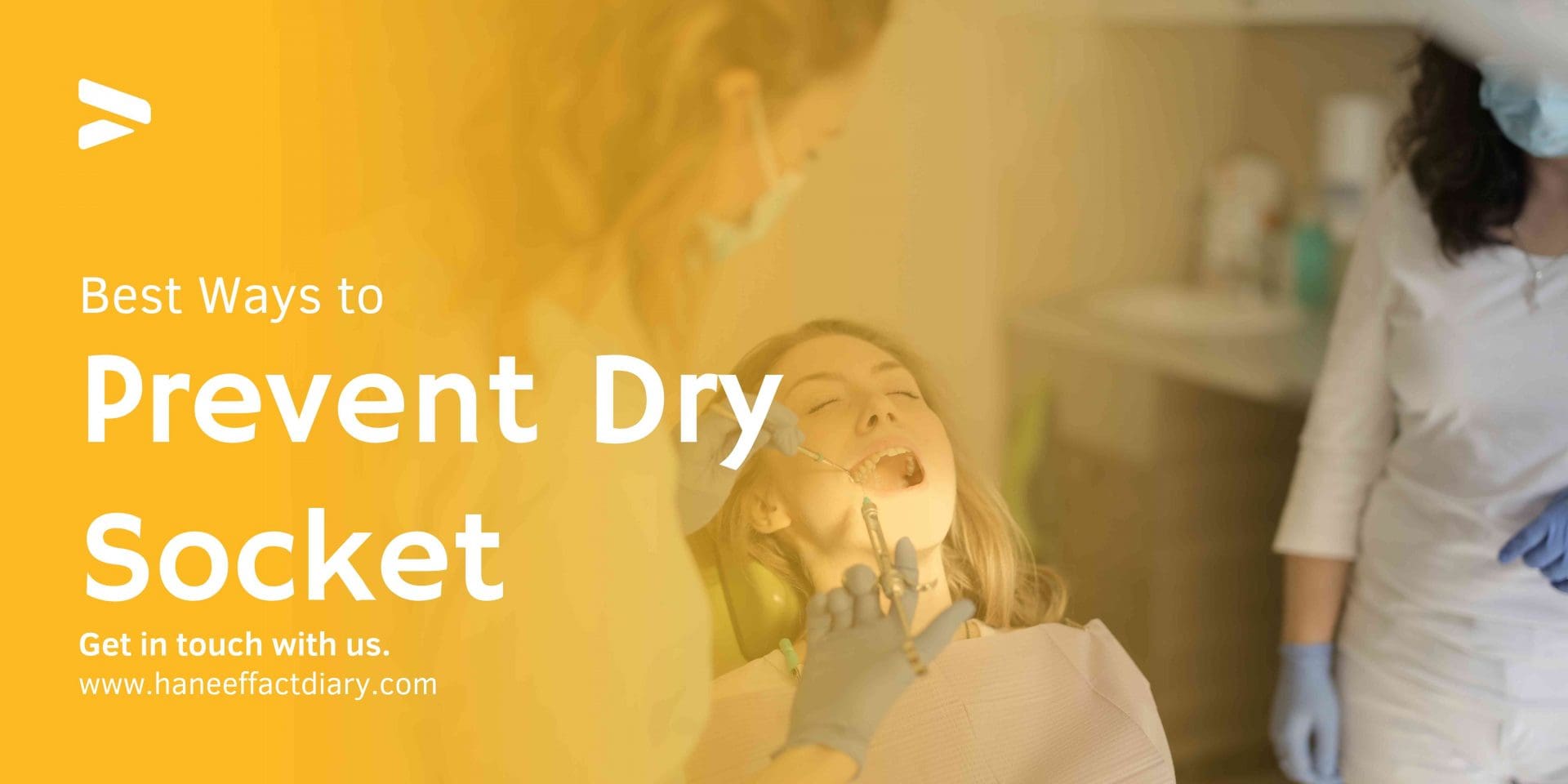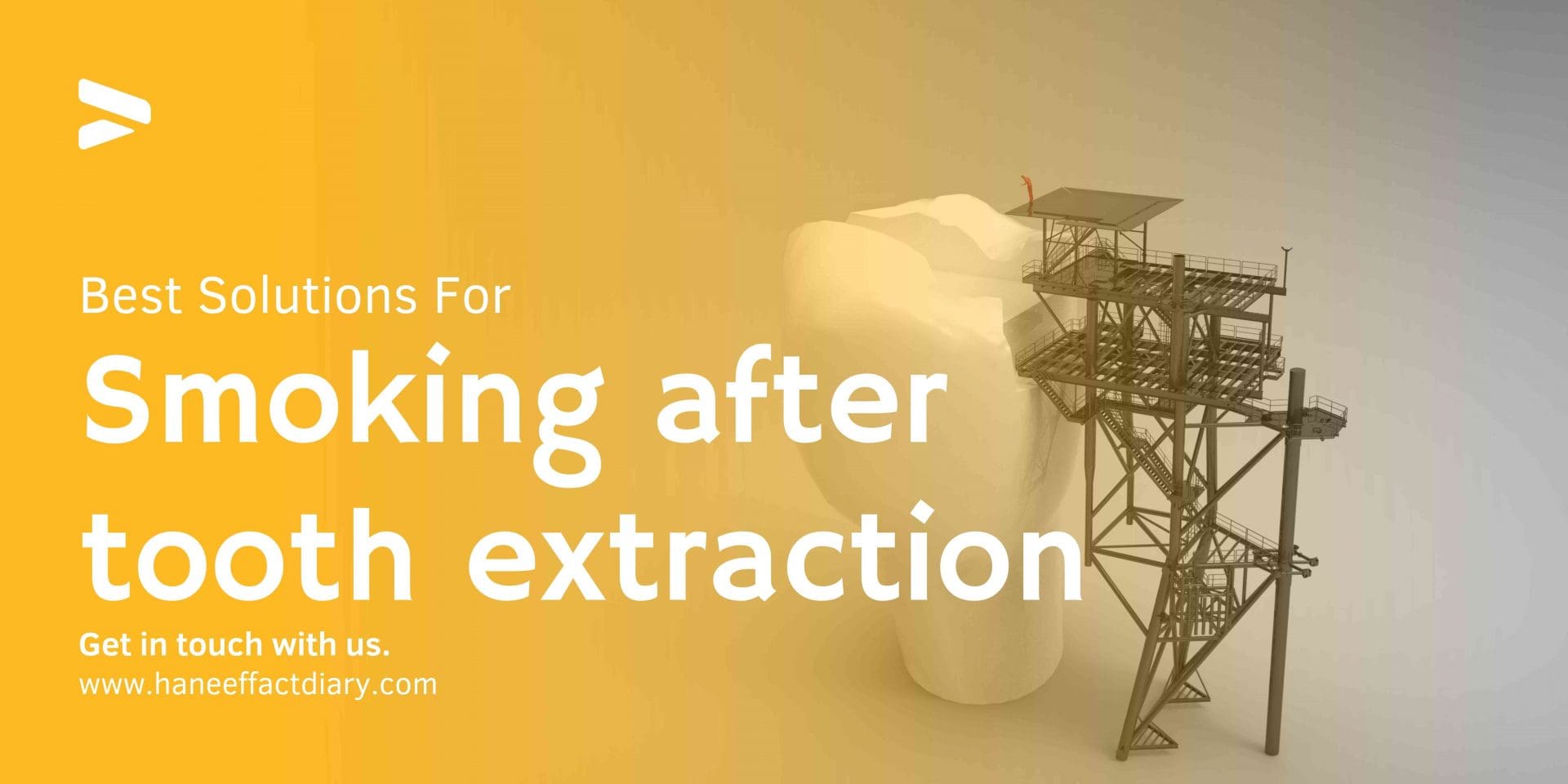
Best Ways for smoking after tooth extraction 24 hours 2022
Smoking after tooth extraction 24 hour, The process of having a tooth extracted leads to a myriad of concerns regarding the care of the area of extraction. However, one of the most frequent concerns is smoking cigarettes or drinking through straws. Both require sucking and should be avoided in between 24 and 48 hours after the extraction of a tooth.
In the event that you continue to smoke cigarettes immediately following an extraction can put your mouth at risk for developing the condition known as “dry socket” and other problems. The process of healing is crucial and smoking tobacco can have detrimental impacts on the area of the extraction.
Smoking after tooth extraction 24 hours, TOOTH EXTRACTION AFTERCARE
Following a tooth extraction typically, a blood clot forms to protect the socket until it can heal. It will break up when healing continues. Smoking for the initial 24-48 hours alters the pressure within your mouth. The change in pressure could cause enough pressure to break the blood clot. This could result in an uncomfortable condition known as dry socket.
DRY SOCKET AT THE TOOTH EXTRACTION SITE
In the event that you notice that the blood clot is dislodged and the socket is empty, it does not have a cover to stop saliva, air, and food particles from entering the socket. The risk of inflammation, infection, or extreme pain rises. The best way to stop dry sockets is to not smoke during the first 24 to 48 days after a tooth extraction.
SMOKING AFTER TOOTH EXTRACTION
Smoking increases not only the possibility of blood clots dislodging, but can also delay the healing process. Nicotine causes blood vessels to shrink that bring blood to the site of extraction that your body requires for the healing of the site. Smoking cigarettes can increase the healing process.
Smoking tobacco also has the possibility of introducing toxins into the site of extraction. Tobacco products, like smokeless tobacco, cause irritation to the gums. This can lead to gum disease, which is a condition in which the gums get red, swollen and are prone to bleeding. In extreme instances, gum disease may become more severe and affect bones and cause teeth to loosen. Loose teeth can quickly become lost teeth.
Reduce the risk of developing complications by not smoking at all times, preferably during the critical healing period following an extraction procedure, ensuring proper oral hygiene and ensuring regular dental examinations.
Let’s get started: Everyone is aware and agrees that smoking cigarettes is bad in terms of health. Even if you’re a smoker, it is not a secret that smoking cigarettes can harm your health. Many people aren’t aware is how difficult it can be to stop smoking or alter the habit. There’s a valid reason behind this.
Smoking is highly addictive and some research has compared it with dependence on heroin or cocaine. Even if you are aware of the risks and are able to demonstrate the most ideal intentions, we realize that it’s difficult to stop. Use this time in your life as an excuse to stop however, if you keep smoking, remember that tooth extraction will bring additional issues that are crucial to understand prior to the procedure.
What’s the main hazards of smoking following the extraction of teeth?
The main risk associated with smoking cigarettes following tooth extraction is also the most painful that is dry sockets. After a tooth is removed the nerves that are underneath are exposed. Within the first 24 hours following extraction, the nerves are protected and covered through a blood-clot, which is formed in a logical manner.
If this clot dissolves before the wound heals (or is not formed initially) it will result in dry sockets. The signs of dry sockets are:
- The pain can be intense for a few days following the extraction
- The sensation of pain radiating from the eyes, ears as well as neck and the head
- The visible bone can be seen in the wound
- Bad breath
- A taste that is unpleasant in the mouth
Also Read:
Best Ways smoking after tooth extraction with stitches 2022
Best Ways to Prevent Dry Socket 2022
Best Ways to Dry Socket Identification, Treatment 2022
what is dry socket wisdom teeth 2022
How to prevent dry socket 2022
The most distinctive feature of dry sockets the pain that some patients compare it to childbirth.
It is true that dry sockets can be found among smokers who do not. The clot can be sucked out by food particles or even a toothbrush.
No matter the reason the loss of blood clot can delay the healing process. It can result in a potentially dangerous infection if bacteria infiltrate the site of extraction.
In addition, smoking generally hinders the body’s healing and, therefore, it could take longer to heal from an surgery, even if you don’t smoke immediately following surgery.
When is the best time to smoke cigarettes after the extraction of my tooth?
While it’s hard to pinpoint precise times for smoking after tooth extraction however there are general guidelines. Clots typically develop within the first 24hrs after the extraction. If you are able to avoid smoking for this long this is a great start however, longer is always more beneficial.
The clot will slowly disappear as the wound heals. When the stitches are removed the clot is likely to be gone , and smoking be more secure at this moment. The majority of wounds from extraction heal within seven to 10 days.
Short answer:: the longer you stay away from smoking following extraction the more beneficial!
Smoking following tooth extraction: six more dos and don’ts
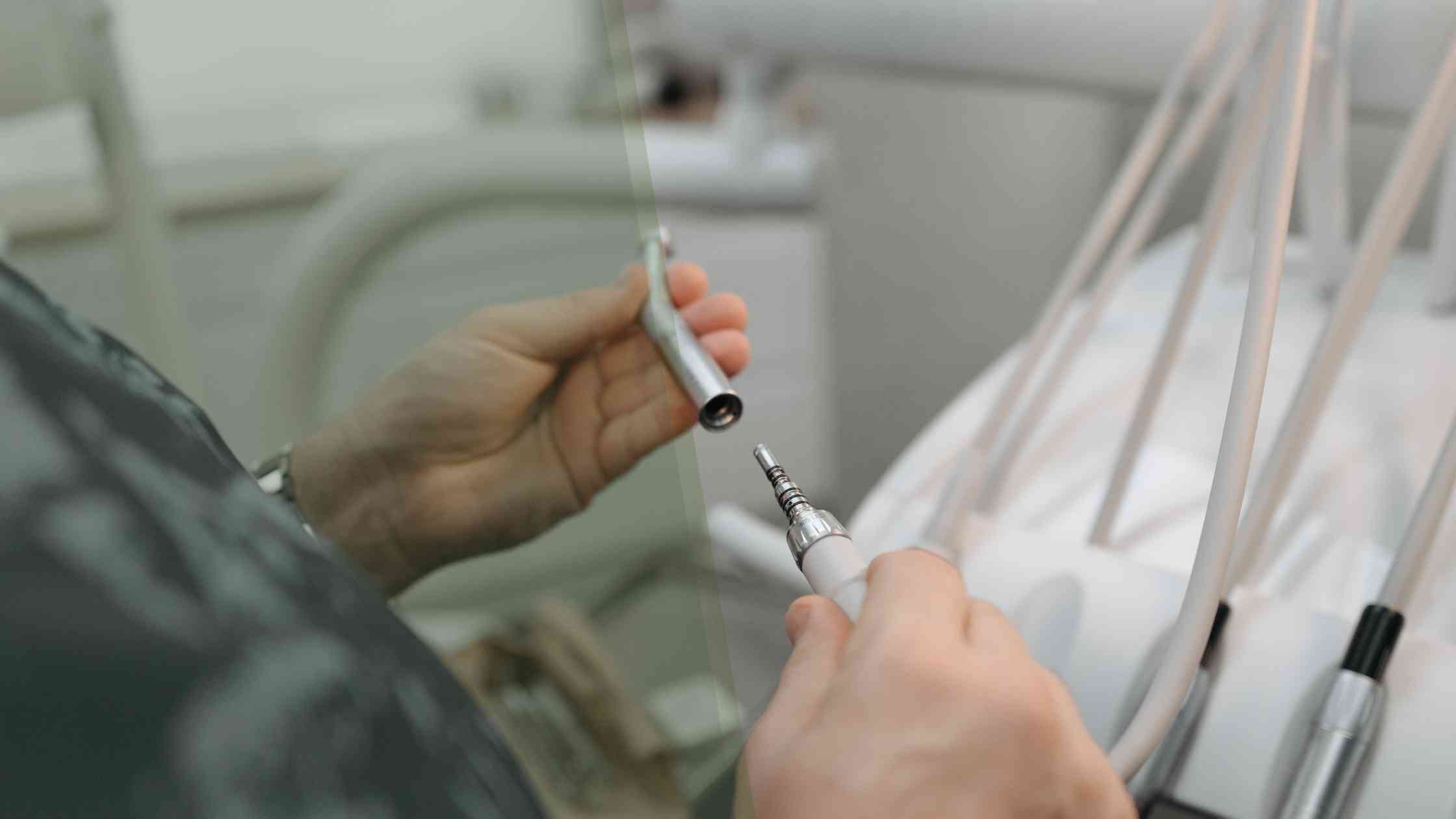
If you decide to smoke after a tooth extraction is a must for you There are three tips (and three no-no’s) to ensure that it is as safe as it could be.
# 1: Consult your dentist prior to your extraction
Your dentist must be aware that you’re smoking cigarettes prior to proceeding with the extraction. It’s crucial for them to be aware of any elements that can affect how your body heals.
Your dentist could also offer some suggestions on smoking safely (or offer different strategies general) They may also provide you with tips on how to safeguard the clot that forms after extraction, If you’re certain that you’ll smoke.
2. Take into consideration other options
Smoking alternatives exist which will be less harmful after tooth extraction.
Patches, gums placed in your cheeks, or gummies might be better options. They do not have the sucking sensation of smoking, which is the most dangerous risk for dry sockets.
Do #3 Consider this as a time to smoke out
You might not be yet ready to stop smoking (and research suggests that those who aren’t ready to quit, it’s less likely to succeed).
Instead of contemplating giving up smoking, think about this as an opportunity to stop smoking. Continue reading for suggestions to help make it simpler.
Then, the don’ts:
Beware #1. Don’t substitute traditional smoking by vaping
The risky action that is associated with the traditional smoke, vaping and e-cigarettes , suction, is the reason you should stay clear of these products following extraction.
Vaping following tooth extraction (and electronic cigarettes) is the same suction that traditional smoking has, and could cause the clot fall off. This suction is the exact reason to be careful with straws while the healing process, too.
Beware #2 Don’t attempt to hide your smoking habits from your dentist
You might think that you don’t need to be concerned or perhaps you’re trying to stay clear of another lecture on smoking. We get it, too. There’s a way to speak to your dentist and inform them of your concerns without another lecture.
Think about this “I would like to inform you that I’m a smoker and want to know how I can manage it with the least risk possible after my removal.” They must be aware of how to give the most effective care possible.
Do not #3 Do not ignore the other instructions for postoperative care instructions
If you intend to smoke cigarettes, it’s vital to adhere to the instructions of your dentist for taking care of the blood clot.
They include dental hygiene, food items to avoid (and foods that are healthy to take in) and ways to gradually return to your routine.
Resources for quitting smoking
Quitting smoking can be difficult however, if you’re ready there are a few places to begin:
- Ten tips to stop smoking
- Utilize the START method.
- Get some help
- Make your plans more specific for you: If you’re female, teenager, a veteran or Spanish-speaker or are a smoker who is over 60, you can find a plan that is tailored to your needs as well as support to meet your needs
Smoking cigarettes after an extraction is the usual dental procedure, but it can complicate things somewhat. Here at AZ Dentist, your overall health is of the utmost importance and we realize that it can be difficult to quit. Our caring dentists in Phoenix will guide you through the entire process from beginning to end.
The Negative Effects Of Smoking After Tooth Extraction
The immediate impact is that the hole forms the formation of a blood clot. Inhaling smoking a cigarette, or drinking a straw will break the blood clot, and cause the site of extraction back to the beginning. The bleeding will begin, and you’ll have to start all over. It is possible to develop dry socket. This is an extremely uncomfortable side effect you must avoid.
After 72 hours, it is safe to smoke again, without removing any blood clot. The more long-lasting negative effect is that smoking tobacco can cause an infection that can delay recovery.
According to the American Dental Association has proven that tobacco products cause a noxious effect to the site of tooth extraction and can slow down your healing. The flow of blood to the area of the extraction is reduced, delayed , and decreased as a result of smoking.
The Right Way To Heal From A Tooth Extraction
It is recommended to stay away from any physical activity for 24 hours and also to stay clear of alcohol and hot drinks. This is about the sensitive blood clot. It’s still important to brush your teeth but you’ll need to stay clear of that extraction area. It is recommended to stay clear of food items that are hard and never drink a malt or soda by using straws.
Be aware of other health-related actions and measures you take. This is the same for your mouth. Make sure you do it right for the very first time. So, if you’re seeking a way to quit smoking, this could be an ideal place to begin. Also, plan how you’re going to live by not smoking for the next 72 hours.
When you were a child and lost a tooth and put it in the pillow to be used by to be retrieved by the fairy. As an adult, the rules have changed. If you’ve had a tooth extracted there are certain things you’ll want to avoid in order to keep your surgery site in top form. Learn more about the best practices and pitfalls of dental aftercare.
What Can I Eat After a Tooth Extraction?
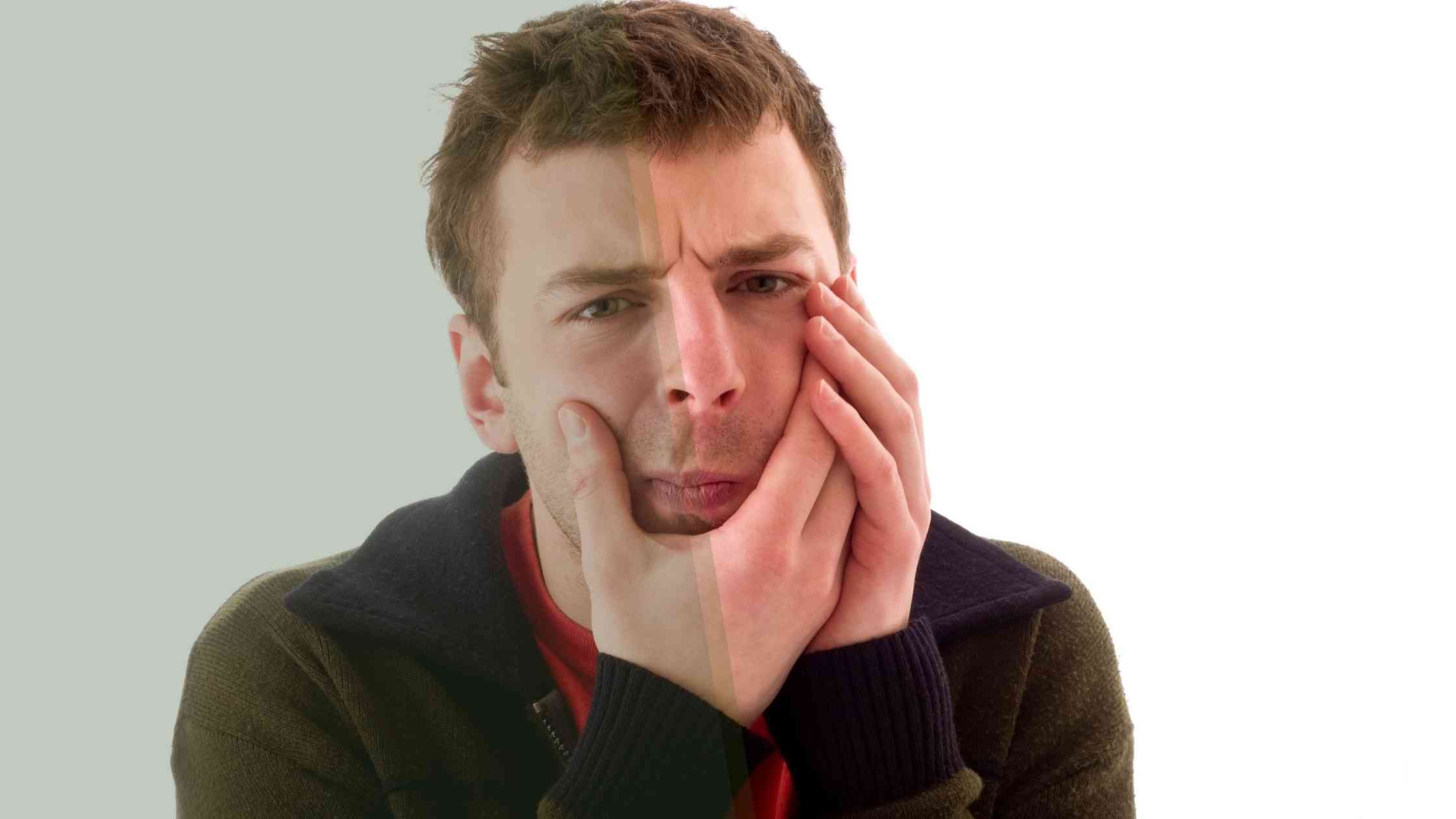
It is recommended to limit your intake of soft food for a few days after an extraction. Therefore, we suggest things such as:
- Ice cream
- Smoothies
- Cool soups
- Egg scrambled
- Pudding
- Yogurt
- Applesauce
Avoid acidic or spicy foods and snacks that are crunchy for approximately one week. You’ll need to allow the area of the extraction the chance to recover before eating tacos!
Can I Smoke After a Tooth Extraction?
You’ll need to avoid smoking for at minimum 24 hours following an extraction. But, it’s ideal to remain for period of time without taking cigarettes. Smoking cigarettes can slow down the healing process and may even rupture the blood clot healing process which can cause dry socket.
If a tooth is taken out and a gap is left within the bone, which is known as socket. A blood clot is formed within the socket to shield nerve endings as well as the bone below. When the clot dislodges the bone and nerve are exposed to fluids, air and food items that can cause pain and even infection.
In a time period of quitting smoking for 72 hours after surgery it will reduce the chance of developing dry socket.
How Else Can I Care for My Mouth After a Tooth Extraction?
For oral hygiene after tooth extraction, we suggest that you:
- Avoid using straws for the first 24 hours as the sucking can result in dry sockets
- Continue to floss and brush and floss, keeping away from the extraction site for the duration of 72 hours.
- Do not rinse or spit forcefully for all of 24 hours
- In the following 24 hours, gentle clean your mouth with 1/2 teaspoon salt and 8 ounces water.
What Can I Do to Prevent Pain After a Tooth Extraction?
To reduce pain after the procedure, you’re going to require the painkillers that you’ve been given. If you’re experiencing swelling, applying ice or the cold peas in a bag like a face mask for 10 minutes may assist.
It is also possible to put either clove or vanilla extract at the extraction site with an unbleached cotton ball. Vanilla extract is full of antioxidants, and it can help numb the gum line, while clove oil is antibacterial as well as antiseptic properties. If the aroma of clove oil gets too overwhelming, you might need to dilute it by using olive oil. These two remedies at home can ease discomfort.
What Should I Do If I’m Experiencing Severe Pain After a Tooth Extraction?
If you’re suffering from severe pain for more than within four hours following the procedure, contact us so that we can examine your mouth. Also, contact us if you are experiencing symptoms such as nausea vomiting, fever nausea, or the appearance of excessive discharge in the area of the extraction region.
We’d like to remind you not to smoke in any way However, we’ll be focusing on the reasons why you shouldn’t smoke following the extraction of a tooth. We’ll first be able to know what exactly an extraction. What was the reason for it and the sensitivity issues that arise following the procedure as healing the removal site is healing.
A Few Common Reasons For A Tooth Extraction
The primary reason is to get rid from wisdom teeth. The the third set don’t appear in your mouth until the age of 15 and 25 old age. There is often no room within your mouth to accommodate these extra teeth. Because you are unable to reach them , you aren’t caring for them appropriately and develop unintentional cavities.
Following the wisdom teeth, extraction, the tooth can suffer from any type of dental infection or tooth decay which have grown beyond the limit of conserving the tooth. If you grind or force your jaws to clench,, it may cause chips or cracks making the tooth more susceptible to infections.
In addition, if you’re involved in an accident, or the result of a hazardous sporting event ended in injury and damaged a tooth that needs removal. These are all common reasons for having an extraction.
Following The Procedure
When the tooth is removed, there’s a hole in the soft tissue. This hole is likely to develop an encapsulation of blood and the clot is essential for the wound and tissue to heal and close. This is why you should wait for at minimum 72 hours following a tooth extraction , before you smoke cigarettes. This includes any type dental extraction.
In the beginning, there are numerous, harmful chemicals found in cigarettes smoke that can hinder the healing of the point of extraction. There are numerous small things you’ll have to perform after an extraction. The smallest attempt at smoking cigarettes could end up ruining everything.
You’ll be advised by your dentist to rest and rest for between 24 and 48 hours, and not do any exercise to let the blood clot form. You’ll be asked to consume soft foods for a few days in order to keep the site from becoming irritated. It is possible that you will need to rest with your head raised.
You should use an hot saltwater rinse in order to speed up the healing process and be cautious with your twice every day cleaning to keep away from the site of extraction. Like the mechanics associated when smoking cigarettes, you can’t drink any liquid through straws.
The Complications Of Smoking
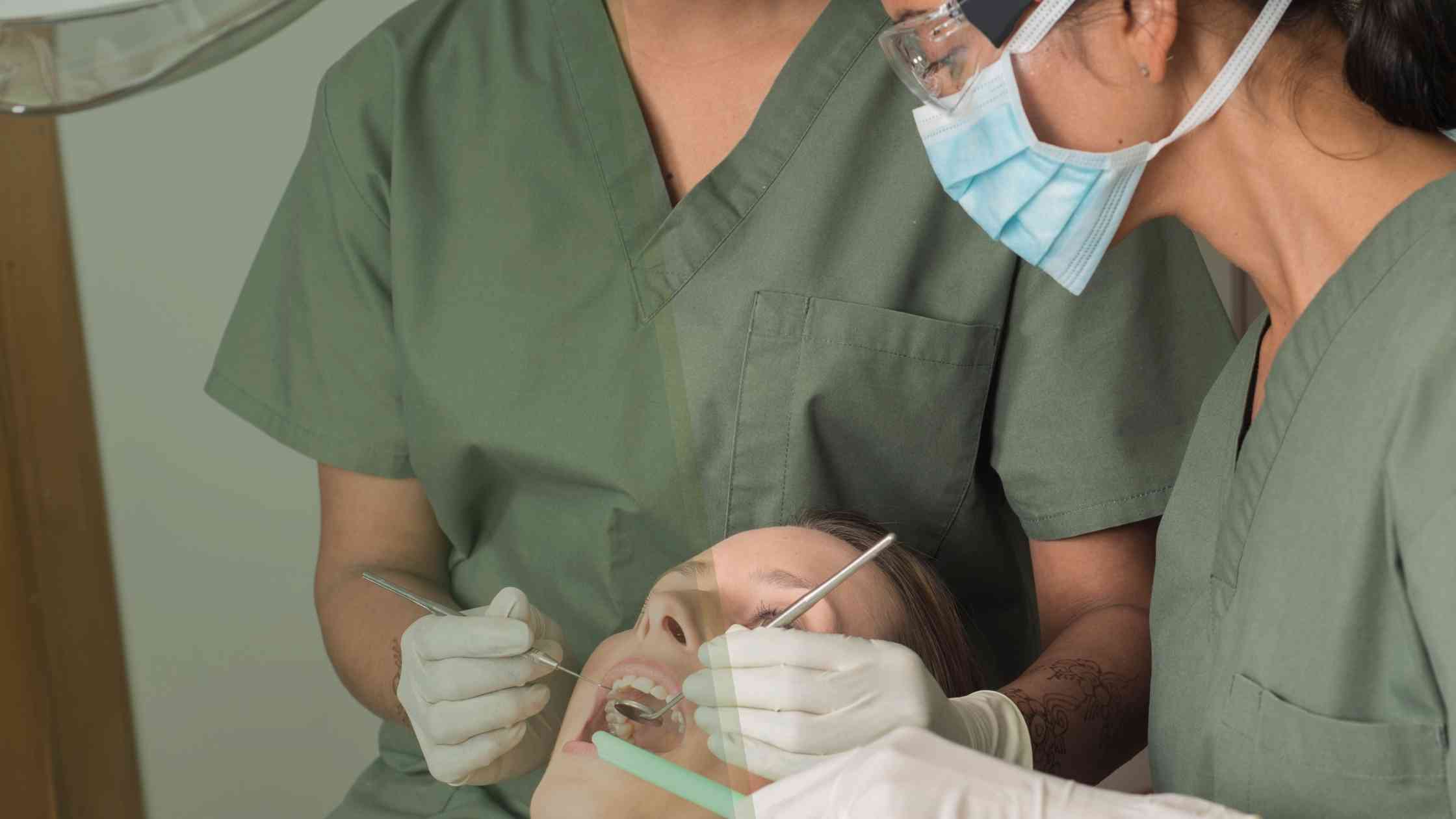
Similar to the effort required when drinking from a straw, smoking cigarettes can instantly dislocate and rupture the blood clot. This can lead to the sensation of a painfully dry socket. If it is ignored, you may be left with an infection that is serious in your bone.
It could be all over the cigarette. If you’re looking to try to quit smoking, then after an extraction of your teeth is the optimal time. Collaboration with your dentist will be beneficial to you as they’ll want the same outcome for you too.
Careful dental hygiene is essential, as you don’t want to cause irritation to the mouth area which is why you should avoid brushing flossing, flossing, and mouthwash. The warm water is great to keep your mouth clean throughout the day , and it is also a pleasant sensation! While washing, don’t apply a forceful spitting technique instead let the water to drop from your mouth to the sink.
The pink hue of the water you expel is common in the beginning. However, a large portion of your suggested restrictions will be smoking tobacco and smokeless cigarettes. For the first of 24-72 hours you’ll have to be careful not to use straws while drinking drinks.
The suggested time to smokers following extraction should be at minimum 72 hours. While this might sound intimidating however, the chemical toxins that are found in smoke from cigarettes may cause inflammation and hinder healing. Smoking too much following an extraction may result in dry socket.
Dry socket is an uncomfortable condition that occurs when the blood clot that has formed is released and allows the bones and nerves beneath to become exposed. Dry socket pain may be felt in your face or ears, however it is not an isolated discomfort. Other signs of dry sockets are bad breath, or a bad taste within your mouth.
There is no cure for dry sockets, other that irrigation of the socket and pain relief medications to alleviate the discomfort. If you are unable to manage the pain with prescription pain medication Your Oral Surgeon might prescribe a different prescription.
Smokeless tobacco might be a great alternative, but you’ll need to stay clear of them also. Smokeless tobacco particles could get stuck in your freshly extracted sites and cause irritation or, at the very worst an infections.
The degree in discomfort and pain you feel after surgery can vary according to your personal degree of pain tolerance as well as how closely you follow the Oral Surgeons post operative instructions.
Any swelling should completely disappear within 7-10 days. Avoiding smoking the longest time possible will ease swelling, and smoking can cause inflammation. Some patients may view oral surgery as a chance to stop smoking altogether. Three days without cigarettes is a fantastic start and can provide an excellent way to start the new lifestyle you want to live.
How long, Doc? This is the question that comes to the minds of every smoker following the tooth extraction. If you’re a cigarette smoker, you’re probably thinking the same question When can I start smoking again after the tooth has been extracted?
I’ve been there. it. It can be stressful to undergo a tooth extraction however, if you’re a smoker this takes it to the next degree. It also adds a level of restrictions to your usual routine. This is a major issue in the event that smoking is your main addiction.
In this article, we’ll look at the specifics of what happens when you smoke after an extraction of a tooth, the reasons the reasons your dentist will tell you not to smoke, and ways to avoid the issues that can result from smoking following the extraction of a tooth.
As a brief review, following a tooth extraction the use of it is recommended to use a Nicotine patches is ultimately your most effective tool to avoid problems associated with smoking cigarettes.
And don’t be worried I’m not about to make you feel guilty. That’s for the surgeon general or an additional article. This article was written to aid you in navigating the initial few days hopefully not smoking after removing your tooth. It is possible to quit at the time you’re prepared …and hope to include it in your resolutions for the New Year this year.
What is the reason your dentist recommends against smoking cigarettes after an extraction? That’s the million-dollar question. I’ll be able to answer it clearly here. There are three main reasons smoking cigarettes following an dental extraction creates issues:
Heat
You’ve measured your temperature using an instrument under your tongue, right? The mouth, as well as the body in general depend on the exact temperatures range. Anything that is higher or less than 98.6 degree Fahrenheit can cause serious issue. If you’re breathing cigarettes that are burning in your mouth, will the temperature in your mouth get warmer? It certainly will.
The impact of excessive warmth on gums that are delicately healing is an irritant that can be severe. The heat can cause inflammation of the painful extraction site. There’s a known disease that’s known as Nicotine stomatitis. The inflammation doesn’t just cause the pain, but it’s also as if you pour salt into an unclosed wound. It causes the body to regress and forces the body to fight harder to heal.
Chemicals
On the back of cigarettes, there’s quite a long list of chemical compounds. It’s not the exact definition of holistic or organic healing. A lot of the chemicals found from cigarettes can have a direct effect on the body, but they also make their way into the bloodstream.
What is the next step? The healing process weakens. Smoking can reduce the oxygen levels in the bloodstream, and also causes an effect of drying tissues. All of this can alter the overall health of the body as well as the capacity to heal.
Suction
The puffing action that occurs when you smoke will force the healing from your gums – literally. When a tooth is removed there’s a gap left in the gums that will remain for an extended period of time. In order for the opening to heal properly, blood needs to be able to fill the hole and form a create a clot. A blood clot develops and is stable once extraction of a tooth in approximately 72 hours.
If you’re snorting smoking cigarettes in that time and you are thinking about it, what will happen? The blood clot is easy to be dissolved. No blood clot, no healing. This is referred to as dry socket. It’s painful, and it holds back healing until the blood clot is formed. It’s painful to heal after the blood clot is removed.
And in case you’re in doubt what the mechanical suction issue created by smoking is a major issue for any type of smoking, including pipes, vaping or whatever causes this mechanical vaccum that is created in the mouth.
What Happens If You Smoke After Tooth Extraction
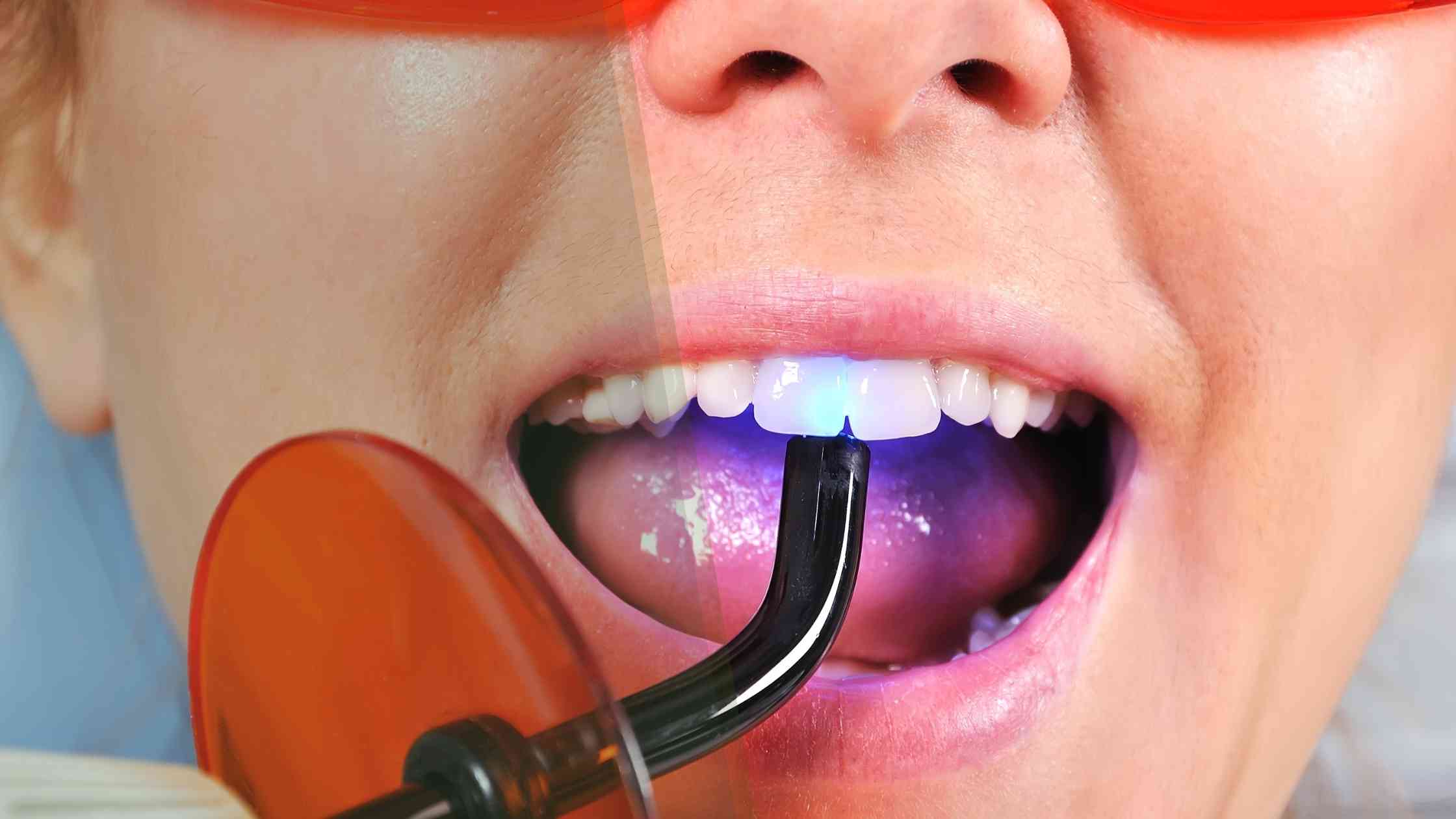
If you’re a parent and you’re a parent, you’ll be able to understand. Adults have a lot in common with children. They don’t want to be ordered to stop doing things they’d like to do. If a child wants to play with a hot stove or, when you’re Elon Musk’s kids, they’d like to send the dog of the family into an airplane. If you don’t tell them not to touch, what will they do? You hear them cry. scream and they stomp their feet.
Here’s the reason: they aren’t aware of what might result if they choose to do. It’s unsettling to hear “No” without knowing the importance of why.
If I advise people to not smoke following an extraction of a tooth If I want to have any chance of success I must tell them the reasons. Now let’s talk about what is the consequences of smoking after an dental extraction.
Delayed Healing
Simple Smoking after having a tooth extracted can slow healing and raises the possibility of complications. The reason is that the temperature and the chemicals can cause irritation to the area of an extraction, which will drastically slows healing. Research has shown that smoking cigarettes can delay the healing process of the tooth extraction by as much as twice as long.
Dry Socket
It’s not the only thing. It is important to remember that the most significant danger factor in developing dry socket dry socket is smoking cigarettes after the extraction of your tooth too soon. The suction generated by smoking is the main element in this.
The puffing, suction motion that smoking produces creates the appearance of a mini-vaccum inside the mouth that can break the blood clot that heals. A tooth extraction that is not accompanied by blood clots cannot heal efficiently. Imagine if you peeled an arm scab each time you tried to heal.
It’s removing your body’s natural healing scaffolding. Smoking can increase the risk of being unable to heal the scaffolding behind teeth extractions.
Infection
Oh, and another thing. Did you remember how we discussed the way that smoking cigarettes’ chemicals reduce your immune system? That’s what I meant by it weakens blood cells’ capacity to fight off illness or disease. A long-term history of smoking cigarettes smoking can weaken the defense system and puts the body more vulnerable to developing an infection while healing.
By not smoking cigarettes during initial stages of healing process, you’re giving your body the chance to get back on track at a time when it’s the most vulnerable to infections.
When Can I Smoke After a Tooth Extraction
The best time to avoid smoking after having a tooth extracted is after 72 hours. Within 72 hours it is less chance of having an unclean socket However the longer you put off smoking for, the more favorable. The area of healing is fragile in the initial days while the blood clot requires time to heal itself. This is why waiting at least three days following a tooth extraction is necessary to ensure a smooth healing.
I’m sure you’re wondering: what if I cannot resist smoking cigarettes after an extraction of a tooth? Believe me, I’ve seen everything. When you do decide to begin smoking cigarettes earlier, do so on your own responsibility however, I’ll provide you with tips to help you avoid unneeded problems.
One of the most important factors in the development of dry socket is the dislodging of the clot of suction. The best way to do this is through with the nicotine patch or, as a secondary alternative, nicotine lozenges, which can help ease cravings. If you’re looking to do an easy search for these products, go to this page.
If you have to smoke, do it using the least amount of force and suction as is possible. It is possible to cover the area with gauze, but be cautious about lighting the area in flames. Also, ensure you’re hydrated and drink plenty of drinking water right away to avoid drying your tissues. These precautions don’t mean you’ll not suffer from issues like dry sockets, but they provide extra security.
Can I Vape after a Tooth Extraction
Here’s the thing about smoking vape following an extraction of a tooth The fact is that it will increase the chance of having an tooth that is dry due to several of the reasons mentioned above especially the vacuum-like suction inside the mouth. But here’s an area where vaping may be beneficial over traditional smoking when it comes to healing from extractions.
It produces less heat and contains less harmful chemicals. However, while I do not recommend smoking vape after an dental extraction however, there are minor advantages over smoking traditional cigarettes.
Smoking After Tooth Extraction: The Bottom Line
Okay , let’s get down to the point. Smokers,, then you must avoid smoking at three or four days. Doing this is can be beneficial for you. Refraining from smoking after tooth extraction will greatly decrease the possibility of complications and assist your healing speed.
And , as I’ve mentioned I am an avid advocate for smoking quit but in a sustainable manner.



